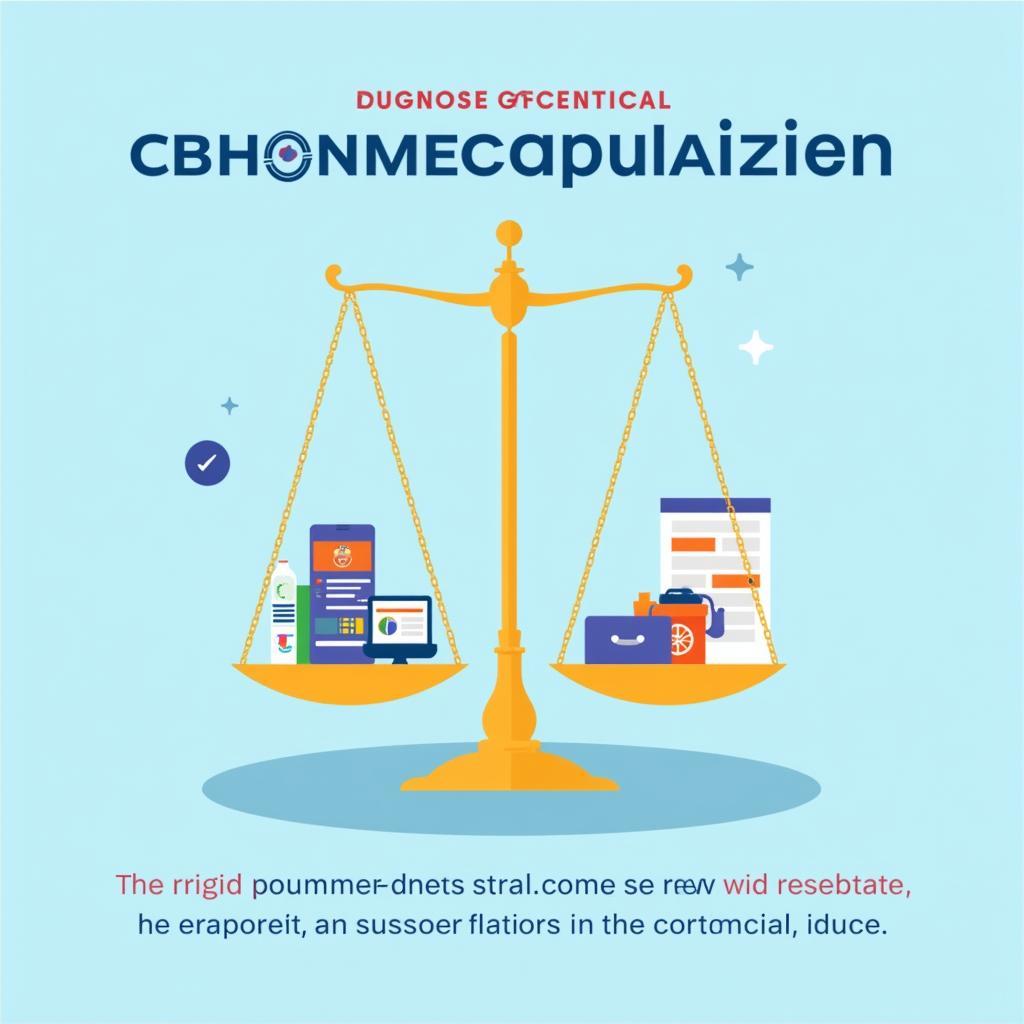The topic of online advertising regulations has become increasingly relevant in IELTS Writing Task 2, appearing multiple times in recent years, particularly in academic tests across Asia and Europe. This reflects growing global concerns about digital marketing’s impact on society. Let’s explore this topic through sample essays targeting different band scores.
Based on recent IELTS trends, here’s a common question format on this theme:
Some people believe that governments should impose stricter regulations on online advertising. Others think companies should have the freedom to advertise their products online without restrictions. Discuss both views and give your opinion.
Analysis of the Question
- Topic: Online advertising regulations
- Task: Discuss both views + give opinion
- Key elements to address:
- Arguments for stricter regulations
- Arguments for advertising freedom
- Personal stance with justification
Band 8.5 Sample Essay
In the digital age, the debate over government control of online advertising has intensified. While some advocate for tighter restrictions, others champion commercial freedom. I believe a balanced approach with moderate regulations is essential for protecting consumers while maintaining business innovation.
Proponents of stricter regulations argue that unrestricted online advertising can harm society in several ways. Firstly, without proper oversight, consumers may fall victim to misleading advertisements or scams, particularly vulnerable groups like children and elderly citizens. Additionally, excessive digital marketing can lead to privacy concerns, as companies collect and exploit personal data for targeted advertising. For instance, many social media platforms have faced criticism for their aggressive data collection practices used in advertisement targeting.
However, those opposing heavy regulations present valid counterarguments. They contend that advertising restrictions could stifle economic growth and innovation in the digital marketplace. Small businesses, especially, rely on cost-effective online advertising to compete with larger corporations. Furthermore, advertising revenue supports free internet services that millions of users depend on daily, from email services to news websites.
In my view, the solution lies in implementing balanced regulations that protect consumer interests while preserving business opportunities. Governments should focus on preventing deceptive practices, protecting personal data, and ensuring transparent advertising policies. This could include mandatory disclosure of sponsored content, clear privacy policies, and restrictions on targeting minors. However, these regulations should not be so stringent that they prevent legitimate businesses from reaching their target audience effectively.

Band 7.5 Sample Essay
The regulation of online advertising has become a contentious issue in today’s digital world. This essay will examine both perspectives on this matter and provide my personal viewpoint.
Those who support stricter regulations have several valid concerns. The primary argument is that uncontrolled online advertising can be harmful to consumers. Many people are bombarded with misleading advertisements that make false promises or promote harmful products. Moreover, there are concerns about data privacy, as many companies collect personal information without proper consent to create targeted advertisements.
On the other hand, opponents of strict regulations emphasize the importance of commercial freedom. They argue that businesses need flexibility in advertising to grow and compete effectively. Online advertising is often more affordable than traditional methods, making it crucial for small businesses. Additionally, many free online services rely on advertising revenue to operate, and excessive regulations could threaten their existence.
From my perspective, while some regulation is necessary, it should be carefully balanced. Governments should focus on preventing fraudulent advertising and protecting consumer privacy. However, these rules should not be so restrictive that they prevent legitimate businesses from advertising effectively. A middle-ground approach would involve clear guidelines about data collection and truth in advertising, while still allowing companies to innovate in their marketing strategies.
Band 6.5 Sample Essay
Nowadays, online advertising is everywhere on the internet. Some people think governments should control it more strictly, while others believe companies should have freedom to advertise. This essay will discuss both sides and give my opinion.
People who want more control say it is important because many online ads are bad. First, some companies make fake advertisements that trick people into buying things. Second, many ads collect personal information from users without telling them. This is not good for privacy. For example, many people don’t know their information is being used for advertising.
However, other people think companies need freedom to advertise online. They say advertising helps businesses grow and make money. Small companies especially need cheap ways to advertise their products. Also, many websites need money from advertising to give free services to people.
I think both sides have good points, but some control is needed. The government should make rules to stop fake advertising and protect people’s privacy. But the rules should not be too strict because companies need to advertise their products. The best way is to have some basic rules that everyone must follow.
Key Vocabulary
- regulations (n) /ˌreɡjʊˈleɪʃənz/ – official rules made by authorities
- deceptive (adj) /dɪˈseptɪv/ – misleading; likely to deceive
- oversight (n) /ˈəʊvəsaɪt/ – supervision; watching and directing
- stifle (v) /ˈstaɪfəl/ – to prevent something from growing or developing
- contentious (adj) /kənˈtenʃəs/ – causing or likely to cause disagreement
- fraudulent (adj) /ˈfrɔːdjʊlənt/ – intended to deceive people
- innovative (adj) /ˈɪnəveɪtɪv/ – introducing new ideas or methods
- transparency (n) /trænsˈpærənsi/ – the quality of being clear and honest
For more detailed information about how should governments impose stricter regulations on online advertising, you can refer to additional resources and practice materials.
Conclusion
The topic of online advertising regulations remains highly relevant for IELTS candidates. Future variations might include questions about:
- Digital privacy and consumer protection
- Social media advertising regulations
- Children’s exposure to online advertisements
- International standards for digital marketing
Practice writing your own essay on this topic and share it in the comments section for feedback and discussion.